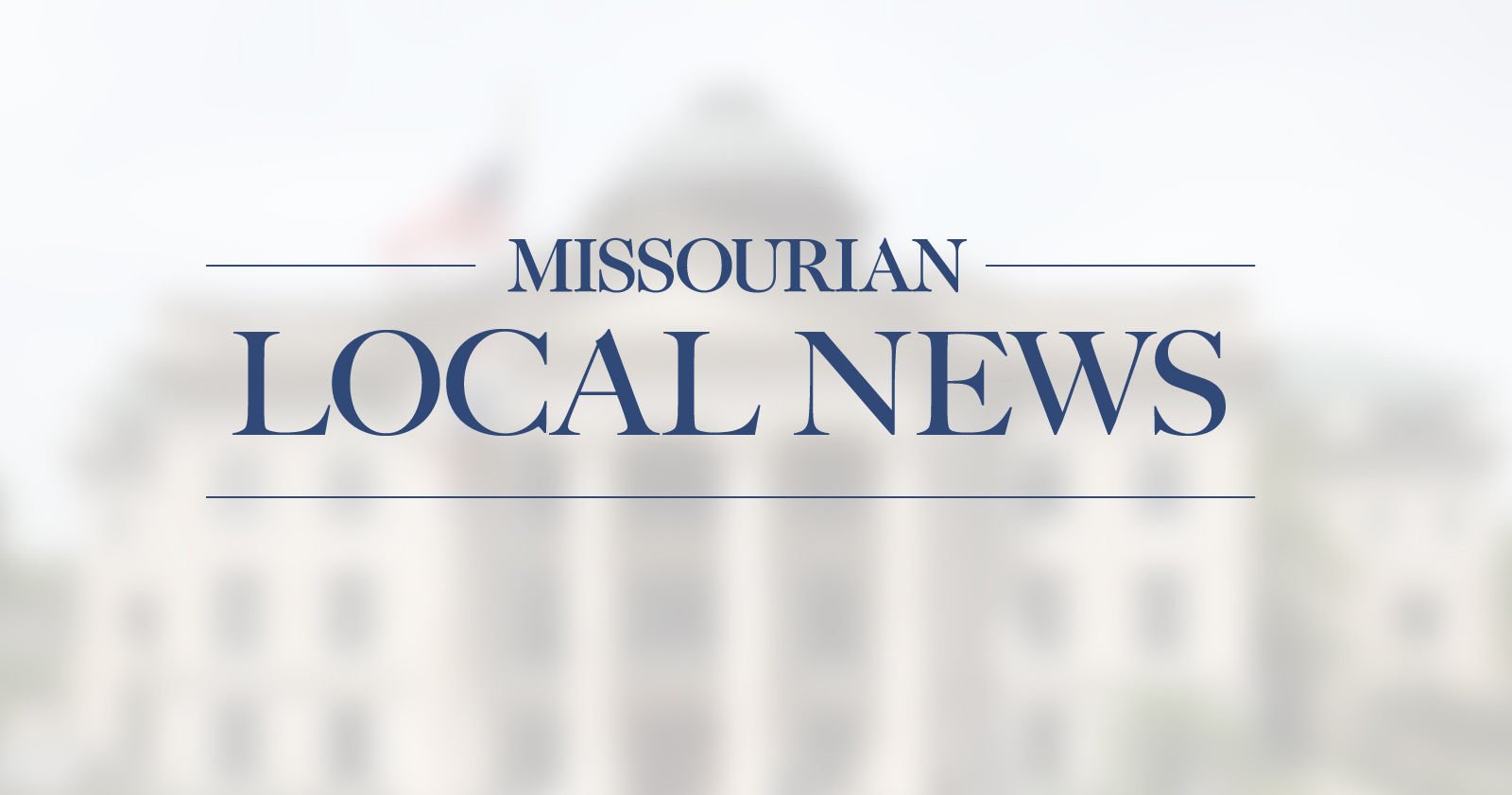
A transgender theologian brought a different perspective to Bible study Saturday morning, holding a seminar on how the Bible can impact and explain gender identity and the transgender community.
Austen Hartke, who has written a book and produced videos on the dynamic between Christianity and transgender individuals, spoke to a crowd of over 100 at First Baptist Church for “The Bible and Transgender Christians Seminar.”
Hartke focused on what he called “clobber passages,” which refers to Biblical texts often used to discriminate against the LGBTQ+ community. He explained the verses and discussed stories in the Bible where people didn’t fit into a specific gender expression.
Hartke began by examining God creating a spectrum of understanding though the Bible’s two stories of creation in Genesis 1 and 2.
“When I was taught this sort of passage when I was a kid, I was taught this was God ordaining a two box gender system,” he said. “Right? God created people male and female. But when we look closely at the formation and the format and the structure of all of Genesis 1, we see that there is a lot more gender diversity there and a lot more creational diversity than we might have first thought.”
Hartke went on to tackle other clobber passages, specifically those used against people who are transgender, like that of the Ethiopian eunuch.
He retold the stories while pointing out efforts people have made to boil down spectrums into binary systems.
The story in question involves Philip the Apostle baptizing a eunuch after he is assured that nothing can hinder his love for Christ.
Hartke used the story to explain how Jesus didn’t see his gender identity as something that would bar him from faith.
The theologian is a graduate of Luther Seminary’s master of arts program in Old Testament and Hebrew Bible Studies. In 2014, he won Luther Seminary’s John Milton Prize for Old Testament writing. Hartke also wrote “Transforming: The Bible and the Lives of Transgender Christians,” and has a YouTube channel where his series “Transgender and Christian” explores how gender identity, the lives of transgender individuals and the Bible relate.
Hartke’s seminar was well received by the church’s audience.
For churchgoers like Lynne Lampe, who has family who are part of the LGBTQ+ community, it was an event that highlighted the importance of inclusivity.
“So many people use faith and the Bible as a weapon, this is a way for us to push back,” she said.
Carol McEntyre, the pastor at First Baptist Church, was excited that the event not only taught people about inclusivity, but also gave them the tools to turn those lessons into actions.
One of McEntyre’s goals with the church is getting people from all walks of life involved, and for them to feel as though the church and the people in it provide a safe space.
“We wanted to show people that there is gender diversity in the Bible and that there are churches trying to be sanctuaries,” she said.{span class=”print_trim”}
